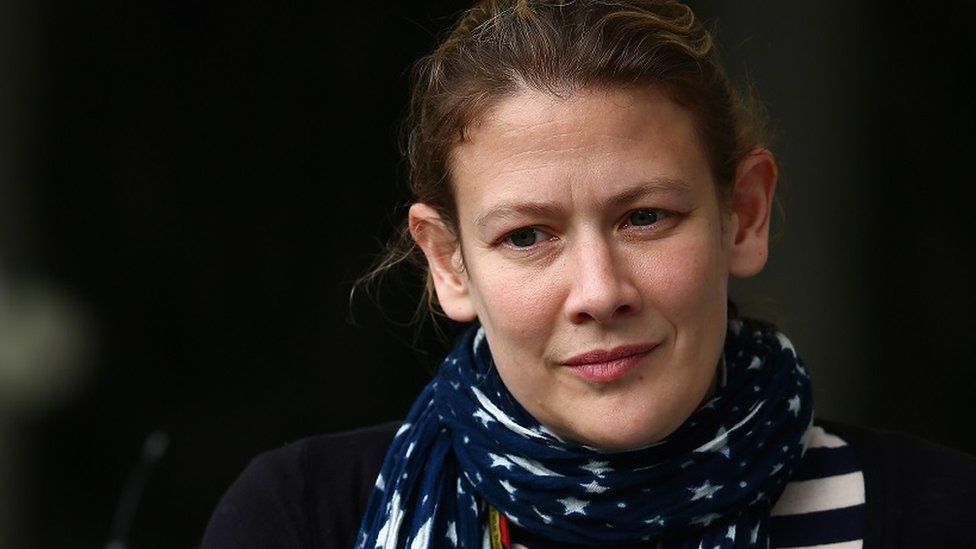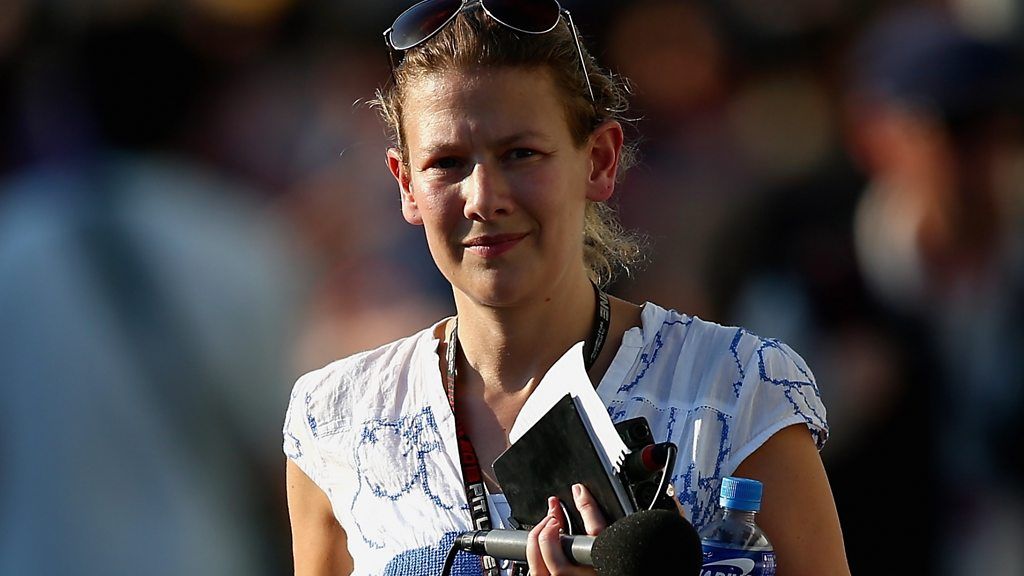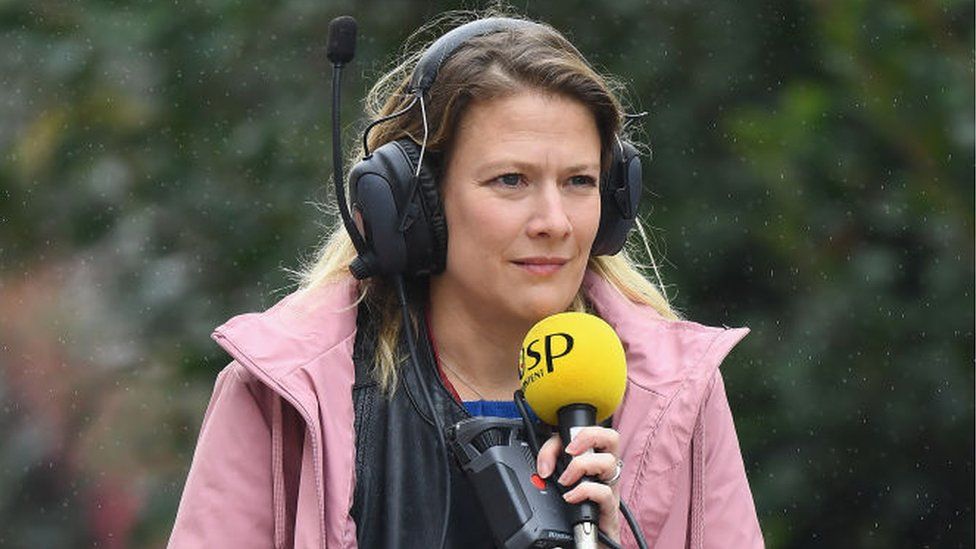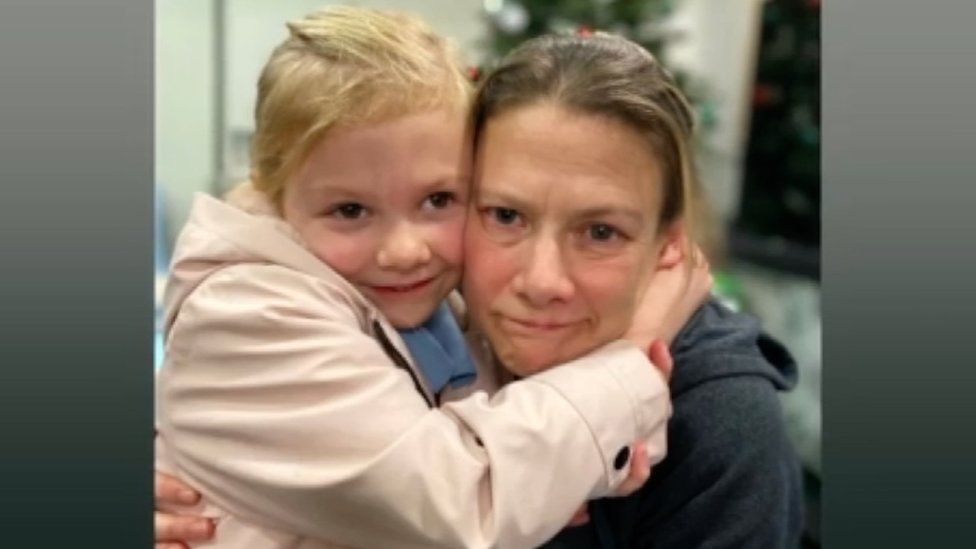
BBC sports broadcaster Jennie Gow has spoken out about her recovery from a serious stroke.
The 45-year-old, who covers F1 for BBC Radio 5 Live, said the stroke last December “badly” affected her speech and the right side of her body.
The Southampton-born presenter has spent the past couple of months learning to talk and walk again.
She decided to share her experience “to shine a light on stroke survivors” and help other people.
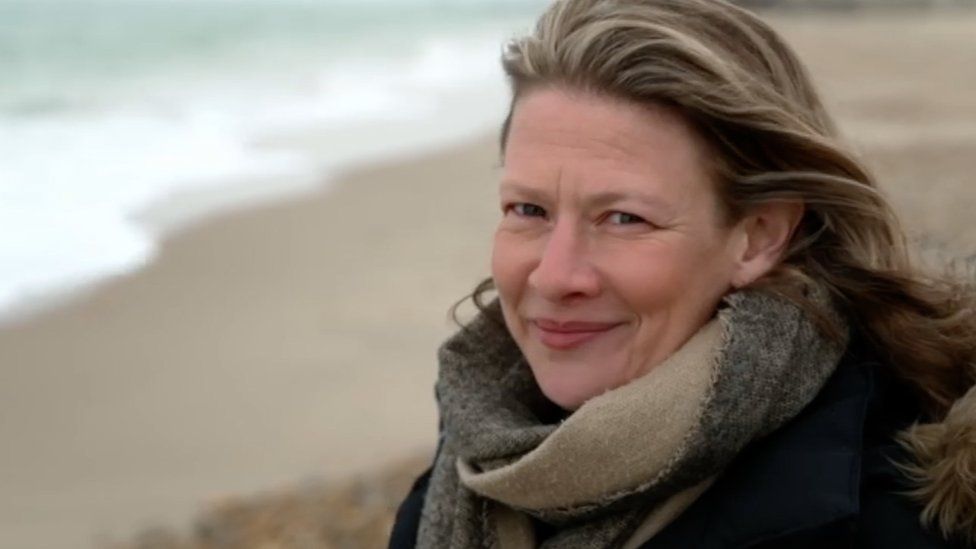
Gow – who grew up in Wargrave in Berkshire – said she initially developed “a terrible cough” which was not due to Covid-19.
Her husband Jamie Coley later found her collapsed in the bathroom. He said he was trying to get her to talk but with no success.
“It was the worst moment of my life,” he told the BBC’s One Show.
The couple said their six-year-old daughter put some cushions under Gow’s head and passed Mr Coley a phone to call the ambulance.
Dr Thomas Pain, who was one of the consultants at Frimley Park Hospital, later explained the stroke was caused by a blood clot that came from the carotid artery in the neck, a tear in the blood vessel due to coughing and a viral infection that she had at the time.
“The clot flew up the vessel causing the stroke,” he said.
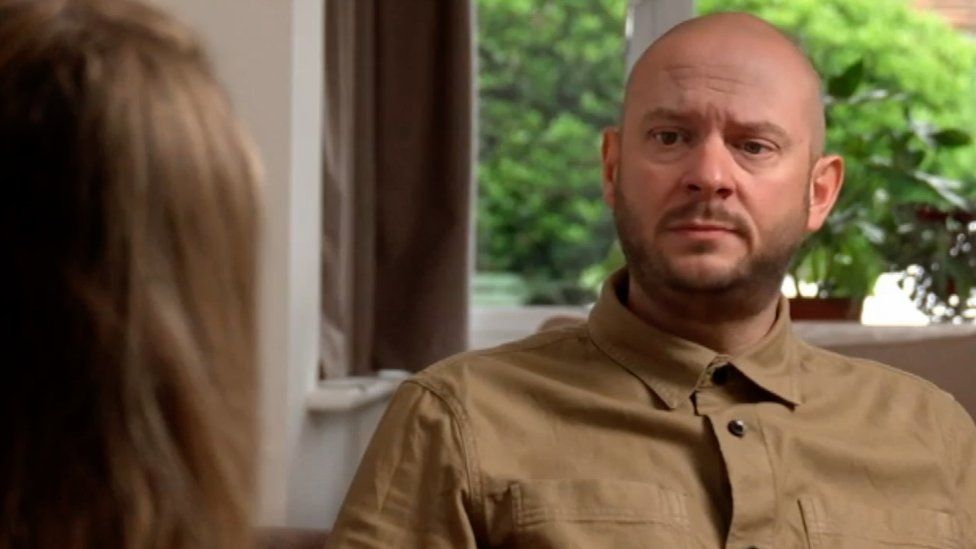
Gow was taken to St George’s Hospital in London to have the clot removed before any further damage.
However, despite the procedure being successful, the clot had already damaged the part of the brain associated with speech.
“It was one of the stroke nurses who finally got me to speak by pushing me to get angry,” she said.
Since then, she has been doing therapy to recover.
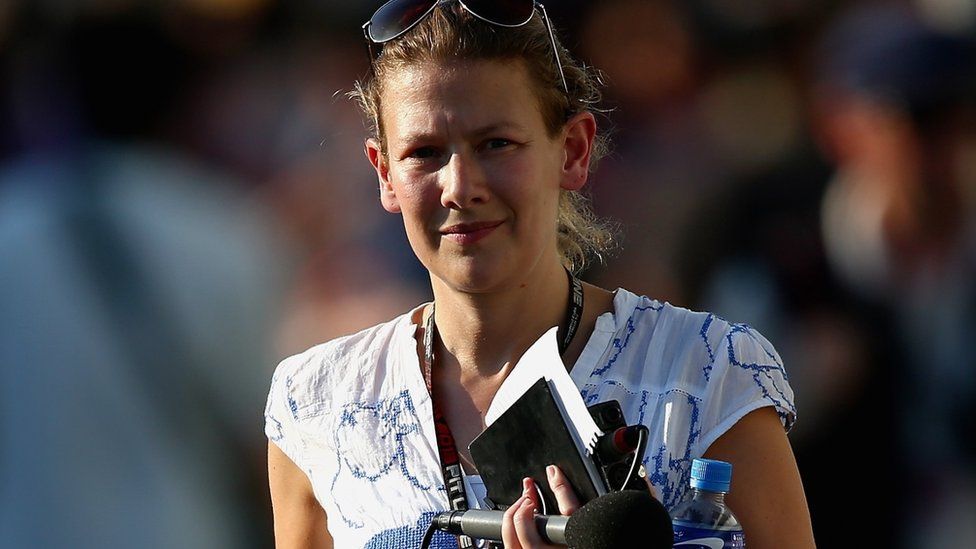
“I still feel numb down my right side. My sense of taste is gone and I get very tired, but my voice is getting better,” she said.
Gow added: “I’m determined to come back as strong as ever and I want to share my experiences to try and shine a light on stroke survivors and if this can help just one person that will be enough.”
She decided to share her story to also mark stroke awareness month which is usually held throughout May.
The broadcaster began her career at BBC Radio Solent before working for commercial radio stations in the south of England.
She has covered F1 and other motorsport events for the BBC, ITV, Netflix and Sky.


- A stroke happens when the blood supply to part of the brain is cut off, killing brain cells
- That can be due to a clot in a blood vessel, blocking the flow. Or, a vessel can burst
- There are different reasons or risk factors. People may be born with or develop weaker blood vessels. Some medical conditions such as diabetes, high blood pressure or high cholesterol, can be a factor
- Some lifestyle habits, such as smoking and eating an unhealthy diet, can contribute too
- Stroke is an emergency – rapid treatment can save lives and prevent disability. If you think someone is having a stroke, act FAST

Follow BBC South on Facebook, Twitter, or Instagram. Send your story ideas to south.newsonline@bbc.co.uk.

